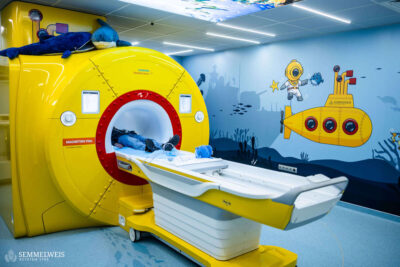A routine laboratory check-up consists of two parts, a blood test and a urine test, and requires a GP referral. It screens blood sedimentation, liver and kidney functions, cholesterol, iron, and blood sugar levels, blood coagulation parameters, and thyroid function. However, there are specific tests of tumor markers, thyroid and prostate-specific antigen (PSA) levels that require a referral to a specialist, such as an endocrinologist or urologist.
Avoid smoking, drinking alcohol, and physical activity for at least one hour before the test. Blood tests need to be done on an empty stomach. Fast for at least 8-12 hours before the blood test, but drinking enough tap water or unflavored mineral water helps the body produce blood, making it quicker and easier to take a sample. The urine should be collected in a sterile container, available from pharmacies, but you can also ask for a specimen cup on the spot. “It’s important to collect the first midstream urine sample in the morning and to clean oneself first to avoid pathogens getting into the sample,” suggests Dr. Péter Torzsa. The head of the Department of Family Medicine at Semmelweis University adds: Failing to do so could lead to false positive results, which may require the test to be repeated.
 Under the age of thirty, it is advisable to have a laboratory test if you have complaints, are changing your lifestyle, or are trying to lose weight. Getting the body’s iron balance checked is particularly important for young women and adolescents in case of fatigue or rapid height gain. For gastrointestinal and endocrine complaints, and colorectal cancer screening over the age of fifty, a stool test may also be necessary.
Under the age of thirty, it is advisable to have a laboratory test if you have complaints, are changing your lifestyle, or are trying to lose weight. Getting the body’s iron balance checked is particularly important for young women and adolescents in case of fatigue or rapid height gain. For gastrointestinal and endocrine complaints, and colorectal cancer screening over the age of fifty, a stool test may also be necessary.
Laboratory tests contribute to the early detection of diseases, assess a person’s general health, and also allow the monitoring of various treatments. The end of the year is a season of New Year’s resolutions, a good time to be mindful of your health, including regular laboratory and screening tests.
Eszter Csatári-Földváry
Translation: Judit Szabados-Dőtsch
Photos by Boglárka Zellei, Bálint Barta – Semmelweis University



